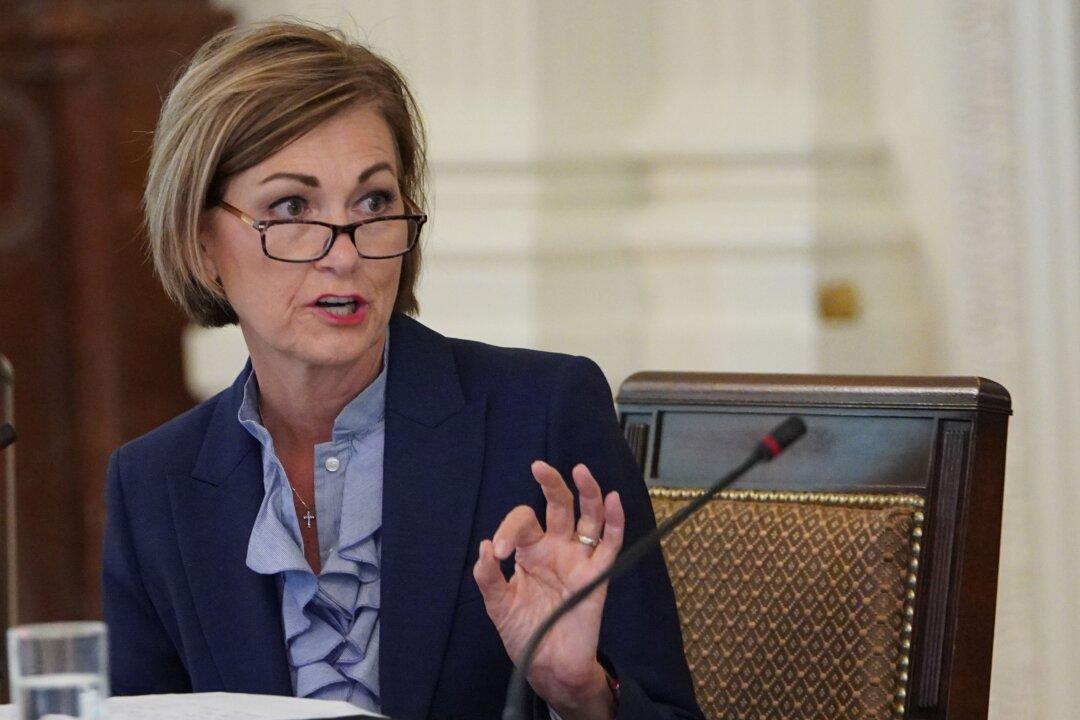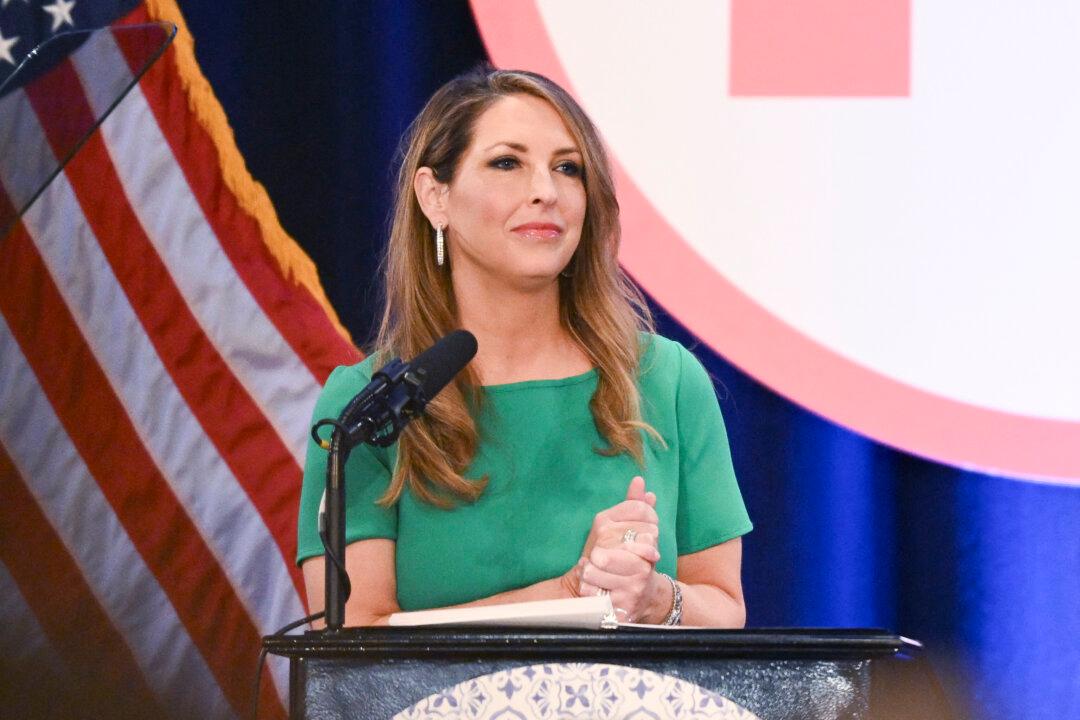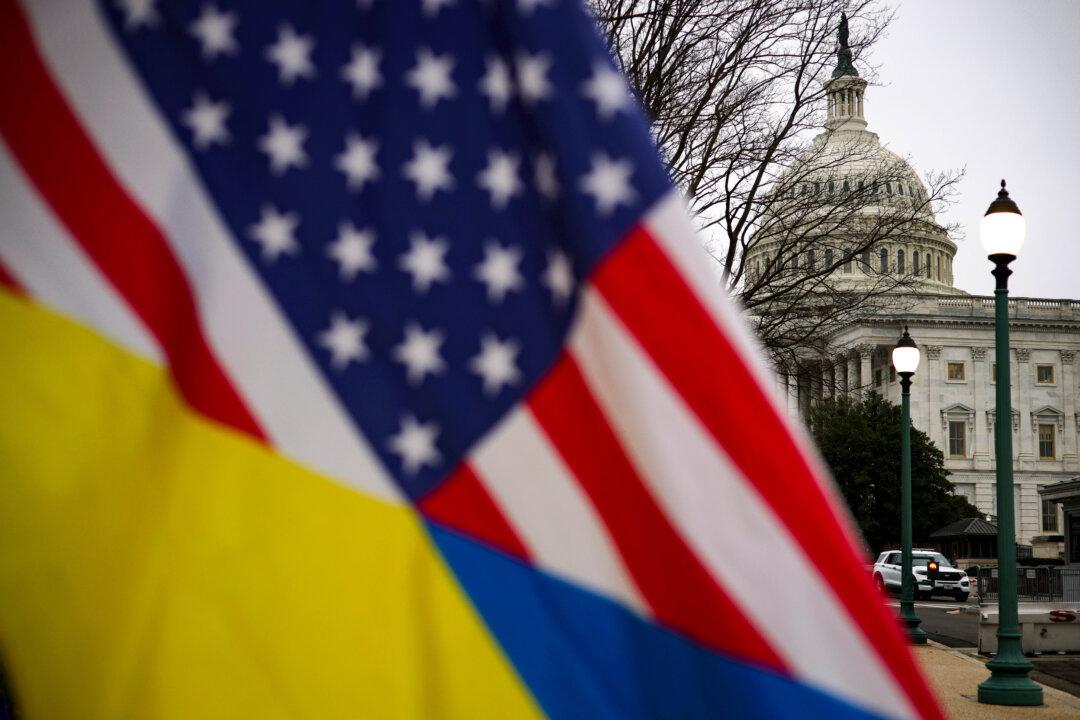Iowa will not participate in the 2024 Summer Electronic Benefits Transfer (EBT) for Children, state officials announced on Friday.
“Federal COVID-era cash benefit programs are not sustainable and don’t provide long-term solutions for the issues impacting children and families. An EBT card does nothing to promote nutrition at a time when childhood obesity has become an epidemic” Iowa Gov. Kim Reynolds said in a statement.





